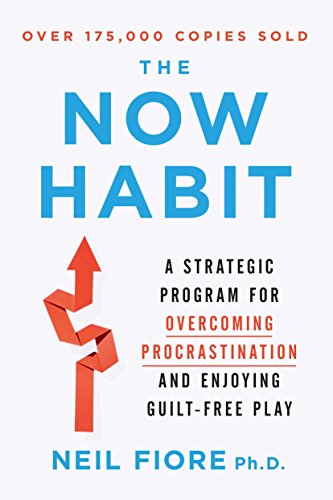Algorithms to Live By
Think you might want to read this book?
Do you hire with a “look and leap” or “threshold” strategy? Does the explore/exploit trade off affect how your teachers plan student learning experiences? At first blush, Algorithms to Live By might seem too narrow to support work in education. In reality though, there are concepts and dilemmas throughout that can reframe our work. If you see yourself as an analytical or model thinker, there will be sections here that will push your thinking and improve your school for sure.
What Would Socrates Ask?
When recruiting, do you always make sure you’ve seen enough candidates before choosing?
Do you use perception/anecdotes or data to determine the threshold for who you rehire each year?
Is any teaching to the test justified?
Have we trained students to do math for math’s sake or for real life application?
In what ways do you learn from those on campus, bring in experts, and venture out to learn from other environments?
Research
Psychologists have shown that for us, the effects of switching tasks can include both delays and errors - at the scale of minutes rather than microseconds.
Concepts
Look-Then-Leap Rule- set a predetermined amount of time for “looking” - that is, exploring your options, gathering data - in which you categorically don’t choose anyone, no matter how impressive. After that point, you enter the “leap” phase, prepared to instantly commit to anyone who outshines the best applicant you saw in the look phase.
Throughput- how much you can get done overall.
Occam’s Razor- all things being equal, the simplest possible hypothesis is probably the correct one.
Quotes from the authors
“… an algorithm is just a finite sequence of steps used to solve a problem, and algorithms are much broader - and older by far - than the computer. Long before algorithms were ever used by machines, they were used by people.”
“… designing algorithms for humans is a topic that doesn’t have a natural disciplinary home. Today, algorithm design draws not only on computer science, math, and engineering but on kindred fields like statistics and operations research. And as we consider how algorithms designed for machines might relate to human minds, we also need to look to cognitive science, psychology, economics, and beyond.”
“In any optimal stopping problem, the crucial dilemma is not which option to pick, but how many options to even consider.”
“We refer to things like Google and Bing as “search engines,” but that is something of a misnomer: they’re really sort engines.”
“The moral is that you should try to stay on a single task as long as possible without decreasing your responsiveness below the minimum acceptable limit. Decide how responsive you need to be - and then, if you want to get things done, be no more responsive than that.”
“In academia, holding office hours is a way of coalescing interruptions from students.”
Quotes from others
“Science is a way of thinking much more than it is a body of knowledge.” - Carl Sagan
“To try and fail is at least to learn; to fail to try is to suffer the inestimable loss of what might have been.” - Chester Barnard, management theorist
“Do the difficult things while they are easy and do the great things while they are small.” - Lao Tzu
“The best time to plant a tree is twenty years ago. The second best time is now.” - Proverb
“All human knowledge is uncertain, inexact, and partial.” - Bertrand Russell
“Incentive structures work; so you have to be very careful of what you incent people to do, because various incentive structures create all sorts of consequences that you can’t anticipate.” - Steve Jobs
“If you can’t explain it simply, you don’t understand it well enough.” - Anonymous
“... the test of a first-rate intelligence is the ability to hold two opposing ideas in mind at the same time and still retain the ability to function.” - F. Scott Fitzgerald
“The optimist proclaims that we live in the best of all possible worlds; and the pessimist fears this is true.” - James Branch Cabell
Organizations/schools working on answers
Referenced books with the potential to impact leading and learning in education
The applicability of this book to education is ….
Resources









